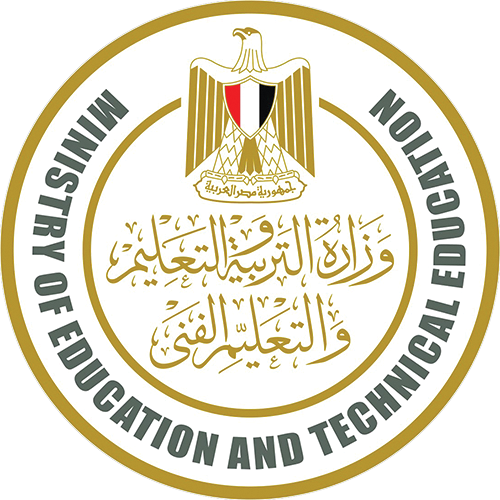Case Study: Egypt Educational Reform Project - Transforming High Stakes Assessment

Overview
Between 2018-2022, Pearson collaborated on a transformative project integral to Egypt's educational reform programme, supported by the World Bank and led by the Ministry of Education. Aligned with the vision of 'Education 2.0,' the project aimed to enhance learning outcomes and student engagement, emphasising the digital transformation of teaching and learning practices. This initiative was a crucial component of Egypt's 2030 vision for national-level social transformation.
Pearson partnered with York Press as in-country collaborators to achieve the project's objectives, and worked closely with the national exam board within Egypt, the NCEEE (the National Center for Examination & Educational Evaluation), to successfully deliver the project.
Customer and Context
- Age and stage: Upper Secondary students; Grades 10-12
- Qualification/assessment: Thanaweya Amma
- Purpose: Improve educational learning outcomes and student engagement through digital transformation
- Stakeholders included the Ministry of Education, NCEEE, and the World Bank
Timeline and Scope
- Start/Finish: Initiated in 2018, spanning a 4-year period, with the first Grade 10 cohort taking tests in May 2019
- Cohort Volumes: Approximately 650,000 students per grade
- Subjects: 23 subjects (including language variations) in the first year
Inputs and Outputs
- Focused on high-stakes assessment improvement for Year groups 10, 11, and 12
- Transitioned from closed book to open book exams, leveraging the Egyptian KnowledgeBank (EKB)
- Tests deployed on tablets with keyboard and stylus entry
- Results analysis and personalized feedback to students
Technology
- Utilised Pearson's Modulus ecosystem for end-to-end digital transformation
- Item authoring, workflow, and banking with LTR and RTL authoring capabilities
- Test Booking app and invigilation dashboard
- Technology backend hosting was a combination of public cloud hosting and local hosting within the MoE data centre
- Development and configuration of localised servers in schools
- E-marking utilising tablet devices
Challenges/Complexities
- Adhering to a challenging schedule for project delivery
- Being adaptable to evolving requirements
- MoE network infrastructure was unable to handle the load, which led to reliance on an unstable 5G network
- Addressing hacking attempts on the system
- Navigating challenges posed by public protests
- Mitigating the impact of the pandemic on project timelines and logistics
Other Highlights/Differentiation
- Ensuring local partners were self-sustaining after Pearson's involvement through comprehensive knowledge transfer programme
- Working in collaboration with the NCEEE (national exam board) in Egypt; provision of training and support to teams on blueprint and test map development, item authoring, test creation, marking standardisation, and psychometric analyses and reporting
- Countrywide infrastructural advancements to ensure system delivery
Outcome
- Successful implementation of high-stakes assessments across 23 subjects, with cohorts of approximately 500,000 students per grade
- Seamless transition from closed book to open book exams, take using tablets and stylus
- Enhanced security measures successfully addressed hacking attempts and public protests
- Despite COVID-19 challenges, the project demonstrated resilience and adaptability